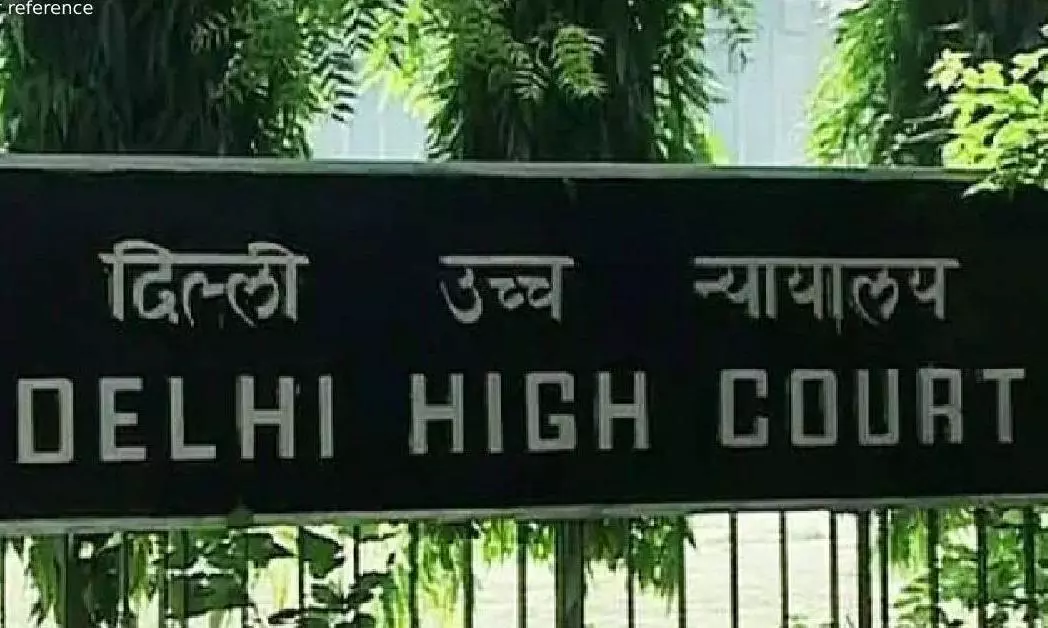
Right to adopt not a fundamental right, prospective parents can't choose child: Delhi HC
text_fieldsNew Delhi: In a recent ruling, the Delhi High Court has clarified that the right to adopt a child cannot be elevated to the status of a fundamental right under Article 21 of the Constitution.
Justice Subramonium Prasad emphasised that prospective adoptive parents (PAPs) do not possess the right to choose the child for adoption, and the adoption process primarily prioritises the welfare of the children.
The court upheld the retrospective application of a regulation, which restricts couples with two or more children to adopt only children with special needs or those considered hard to place. Justice Prasad highlighted that this approach aims to ensure the adoption of more children with special needs, emphasising the best interests of the children over the preferences of prospective adoptive parents.
"The right to adopt cannot be raised to the status of a fundamental right within Article 21 nor can it be raised to a level granting PAPs the right to demand their choice of who to adopt. The adoption process in entirety operates on the premise of welfare of children, and therefore the rights flowing within the adoption framework does not place the rights of the PAPs at the forefront," stated the court.
The court acknowledged the lengthy waiting period for adoption and the imbalance between the number of normal children available for adoption and the prospective parents seeking to adopt. It emphasised the need for a balanced approach to reduce the waiting time for parents with a single child or those without any biological children.
This ruling came in response to a batch of petitions filed by several PAPs with two biological children, challenging the retrospective application of the Adoption Regulations 2022. The regulations stipulate that couples with two or more children can only opt for the adoption of children with special needs or those considered hard to place.
The court dismissed the petitions, stating that there is "no right at all" to insist on the adoption of a particular child. It clarified that the change in eligibility criteria does not infringe on the PAPs' right, and their registration remains intact, allowing them to be considered for the adoption of special needs children, hard-to-place children, or children who are relatives or stepchildren.






















